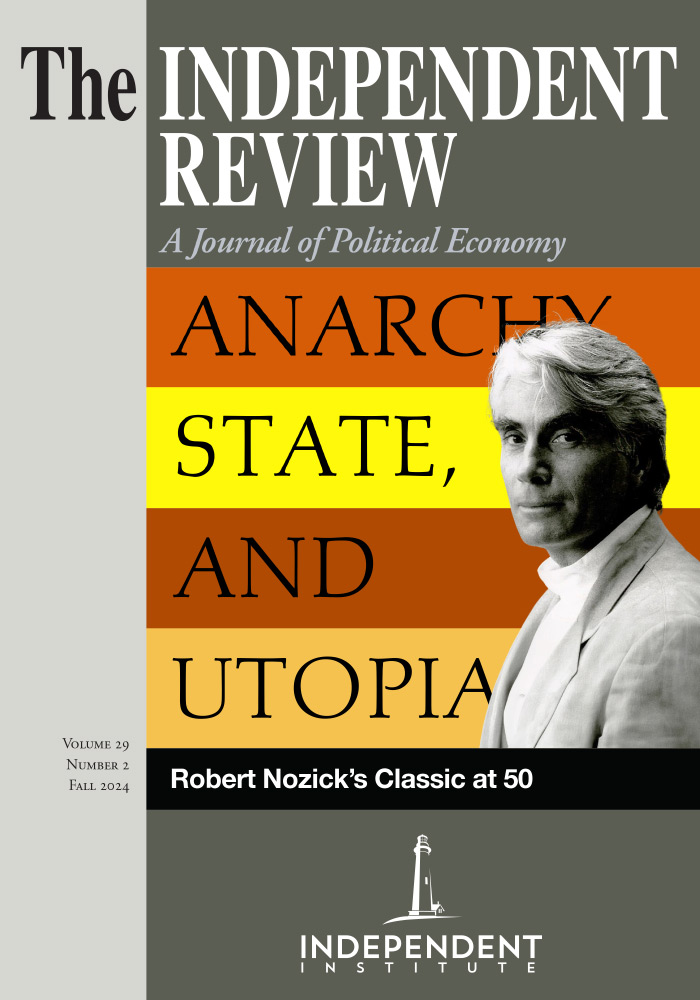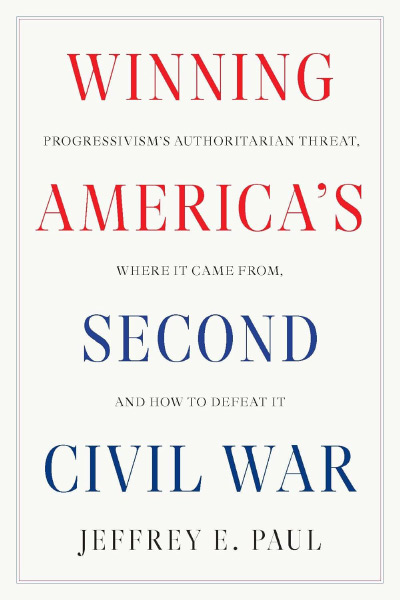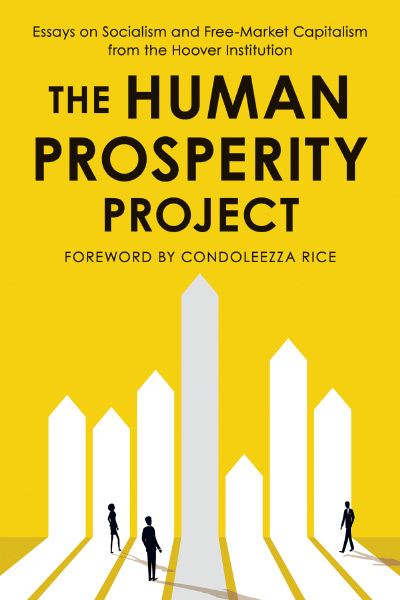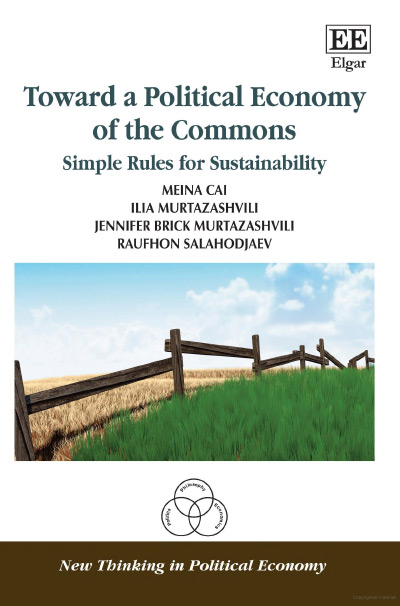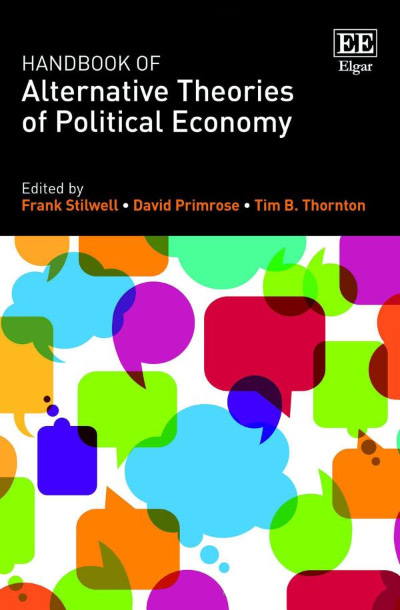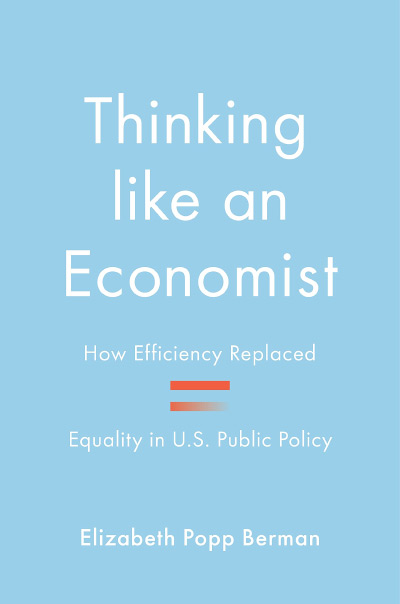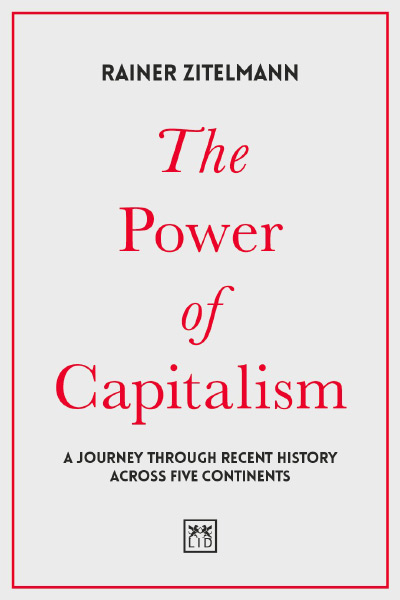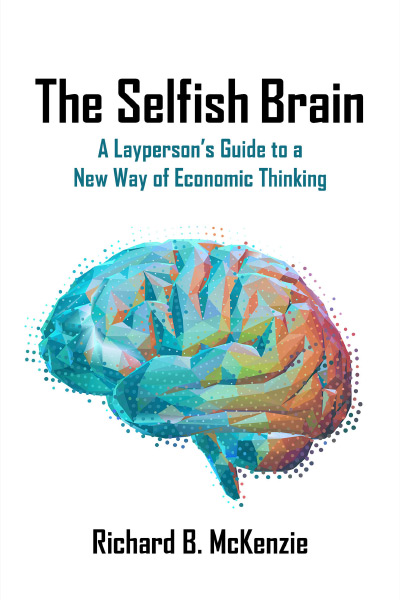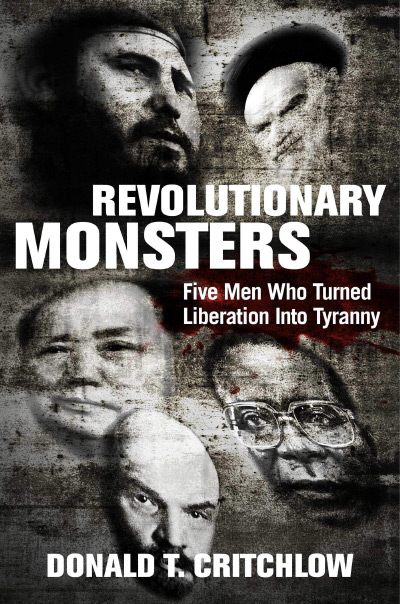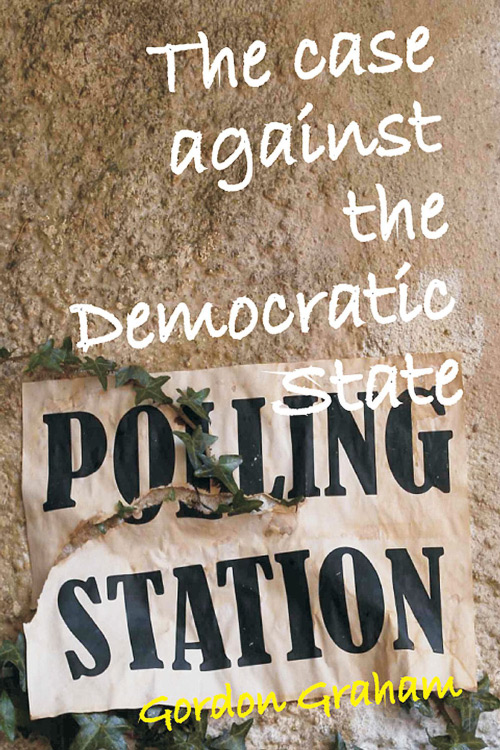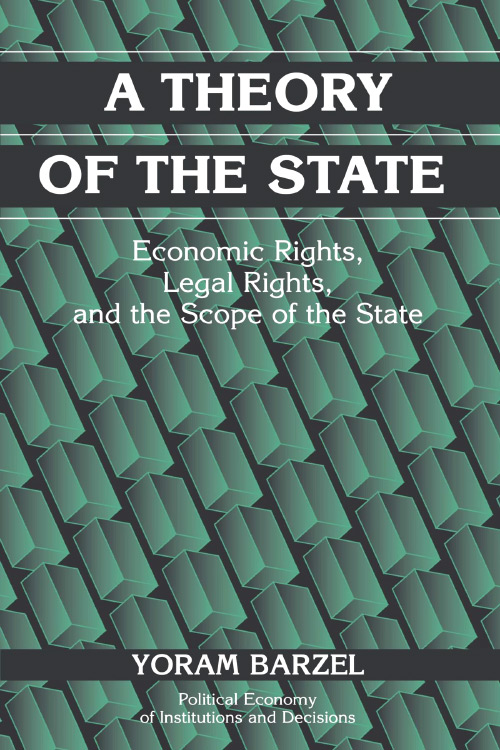The Union’s victory in the U.S. Civil War (1861–85) and emancipation of the South’s chattel slaves marked the apotheosis of the natural rights view of society, philosopher Jeffrey E. Paul contends in Winning America’s Second Civil War. The second civil war currently raging is not to free modern slaves from the clutches of enslavers (a la Robert E. Wright, The Poverty of Slavery: How Unfree Labor Pollutes the Economy, Cham, Switzerland: Palgrave, 2017) but to emancipate all Americans from the grasping hand of a government gone as mad as the worst Targaryen monarchs. Paul contends that to defeat the tyrants, which lurk on both the political Left and Right, educational and tax reforms consistent with natural rights must be implemented forthwith.
Soon after the Civil War, Paul explains, an authoritarian view of government held by Southern slaveholders and abetted by German scholars began to gain ascendance in America’s universities and courtrooms, as evidenced by the rise of Progressivism, the triumph of the New Deal, and the ascendance of the administrative state. Progressives rejected natural rights theory, jumping to the conclusion that if individuals do not own themselves as John Locke and other natural rights theorists held, the government must. Today, such Teutonic, state-centric views control most of the intellectual field of battle for Americans’ hearts and minds. Ergo, government in America is no longer a power to be limited but rather, like a dragon, something to capture and turn to one’s own ends in the name of some vaguely defined metrics of “progress.”
For Paul, natural rights constitute a positive fact, not a normative claim or even a self-evident assumption to be jettisoned easily when found inconvenient by those who seek to rule others. Humans, and only humans, understand life, liberty, and property, and how to protect them via contract. Those rights therefore constitute a birthright inherent in each member of the species. Governments did not create or bestow those fundamental rights but rather were constituted to help people to protect them, from neighbors, distant foes, and governments themselves. Although such claims undergirded the Revolutionary War and formation of the nation, American policymakers sympathetic to state power and trained by authoritarian scholars in Germany rejected natural rights, as their American intellectual progeny eventually did too. An organic, collective state owns individual humans, they believe, much as organisms own the cells that compose them. Individuals no more own themselves than heart cells do, so they must pump hard for the benefit of the whole organism, whether they wish to or not.
Convincing Americans that they owed obeisance to some collective proved difficult, however, so the Progressives, as they styled themselves after their German masters, infiltrated education and journalism. By the 1960s, they dominated both industries and continue to do so to this day, as Paul shows readers from ample survey evidence. Democrats and others from the left end of the political spectrum even control most economics departments, from which they push interventionist micro and macroeconomic policies like rent controls and Keynesian stimulus nostrums. Progressives dominate and even monopolize most other humanities and social science disciplines, including history and political science, by hiring according to ideological fit. Advocates of natural rights theory need not apply.
In other countries, the rejection of natural rights and self-ownership led to the various awful forms of authoritarian collectivism that scarred much of the globe over much of the twentieth century. Paul relates their histories while defining communism, fascism, and American collectivism. State ownership of the means of production, as in North Korea, Cuba, and the Soviet Union, characterizes communism. State control of the means of production and single party rule, as in Nazi Germany and contemporary China, characterize fascism. Collective ownership of the means of consumption characterizes American collectivism, which according to Paul is not yet fully fascist because two parties, presumably Donald Trump’s Republican rump and the Uniparty, still contend for political power.
In America, Progressives until recently remained too weak to fully collectivize the nation. They possessed swagger enough, however, to usurp the venerable term “liberal” to describe their own illiberal view of the world, and government’s role in it. Yet real liberalism (classical liberalism) somehow persists in the American psyche. Many Americans seek to roll back the state, as many members of the Tea Party genuinely sought to do before being repressed by the Obama administration. Moreover, several groups of scholars, including those associated with the Heterodox Academy and the National Association of Scholars, seek to restore scholarly and scientific standards, i.e., classical liberal methods, in archives, classrooms, clinics, digs, and labs.
Do such holdouts represent the last gasps of classical liberalism and natural rights theory, or do they portend a counterattack sufficient to retake some, or all, of the ground lost to postmodern, progressive authoritarianism? The book’s subtitle suggests that progressivism may yet be defeated. Like a lion uncaged, the unfettered truth can defend itself. Paul would release the truth by reforming education with School Choice (K through PhD), elimination of federal education subsidies and DIE (diversity, inclusion, and equity) programs, and mandated hiring by state universities of professors steeped in classical liberal thought and outlook until intellectual diversity is achieved.
Most importantly of all, though, Paul argues that all current federal taxes should be eliminated and replaced by a universal sales tax, or UST, which would levy a 1.13 percent tax on all sales, including retail, business to business, labor, real estate, and financial transactions. In an appendix, economists Jason DeBacker and Matthew Jensen declare the concept sound, provided the tax on financial instrument sales can be enforced on all American economic entities regardless of where the exchange takes place and the nationality of the counterparty.
Although the UST would raise enough revenue to cover the current federal budget and perhaps pay down some of the national debt too, the economists predict that it would spur economic growth by attracting foreign corporations and high-income professionals to America. The elimination of payroll and income taxes would also increase incentives to work as employers would pay the labor tax and workers would no longer have to fear IRS audits. DeBacker and Jensen do not report their model or findings in detail, but they astutely note that many businesses would vertically integrate to avoid paying taxes up the supply chain. Overall, they counsel prudence, including a slow transition to give individuals and firms time to adjust to the UST. Paul also recommends repeal of the Sixteenth Amendment at the end of the transition process to prevent later reintroduction of income taxes in addition to the UST.
A few economic mistakes blemish but do not mar the book. At one point, Paul conflates monopoly and monopsony and at another fails to point out that workers in most instances pay not just their own mandated contribution to social welfare programs via payroll taxes but also pay their employers’ nominal contribution by way of lower wages. Moreover, his discussion of income and wealth inequalities lacks the key insights of Phil Gramm, Robert Ekelund, and John Early’s The Myth of American Inequality: How Government Biases Policy Debate (New York: Rowman and Littlefield, 2022). Intellectual historians, historians of economic thought, and other specialists will also find quibbling fodder.
Call America’s current situation a civil war or not, people who believe in natural rights and self-ownership indeed find themselves locked in existential political and policy struggles with various types of collectivists and largely for the reasons that Paul lays bare. Educational reforms along the lines he proposes appear plausible, and some have gained considerable traction. The federal tax system begs for reform, but his UST may not prove workable as proposed because the tax on financial securities is by far both the largest source of revenue and the most easily evaded.
Overall, however, Winning America’s Second Civil War remains an astute work of interdisciplinary synthesis on a topic of crucial importance to Americans and everybody else who fancy themselves free.
| Other Independent Review articles by Robert E. Wright | ||
| Fall 2023 | The Big Myth: How American Business Taught Us to Loathe Government and Love the Free Market | |
| Spring 2022 | The Political Economy of Modern Wildlife Management: How Commercialization Could Reduce Game Overabundance | |
| Spring 2022 | Cronyism: Liberty vs. Power in America, 1607–1849 | |
| [View All (6)] | ||

